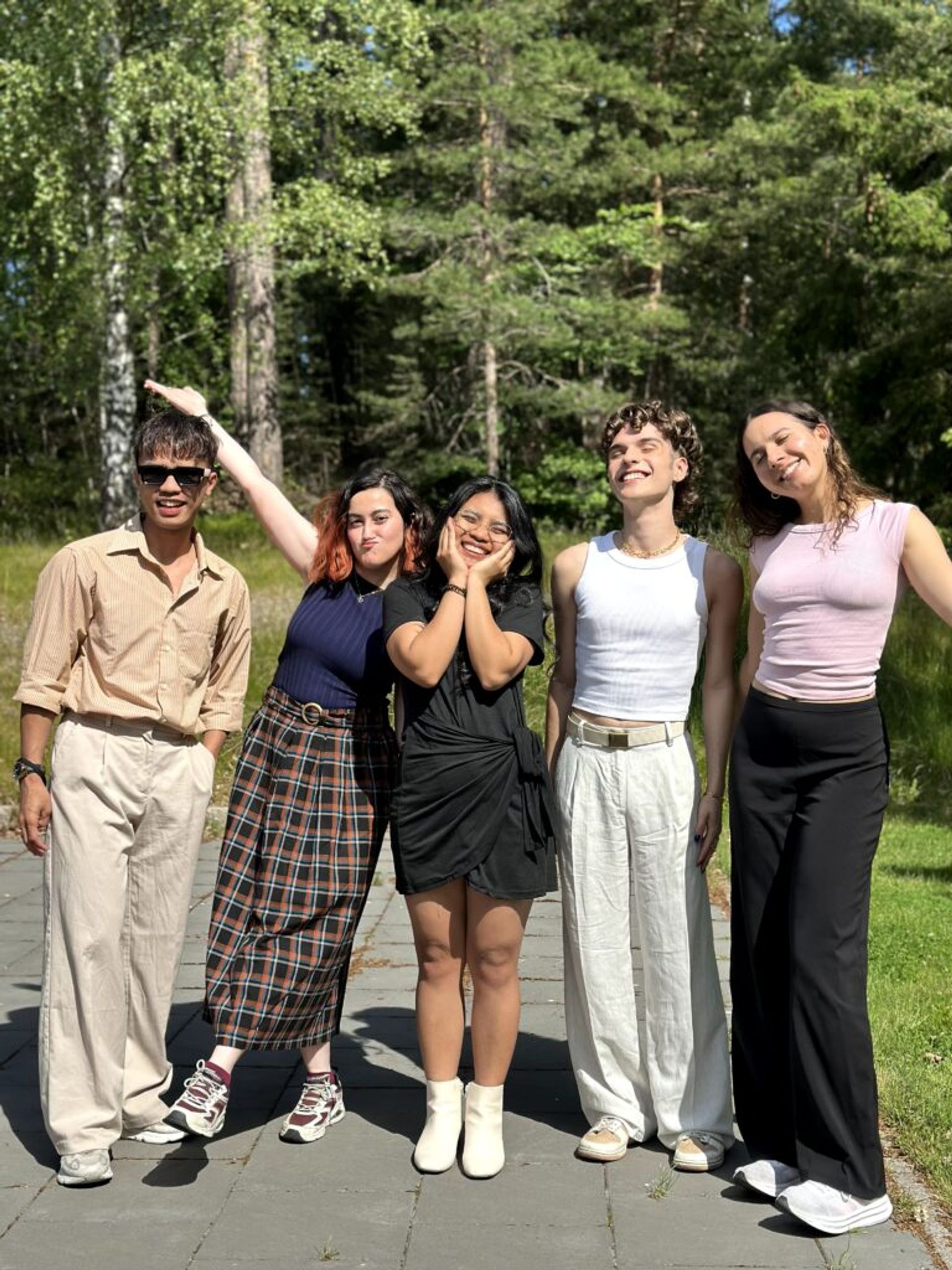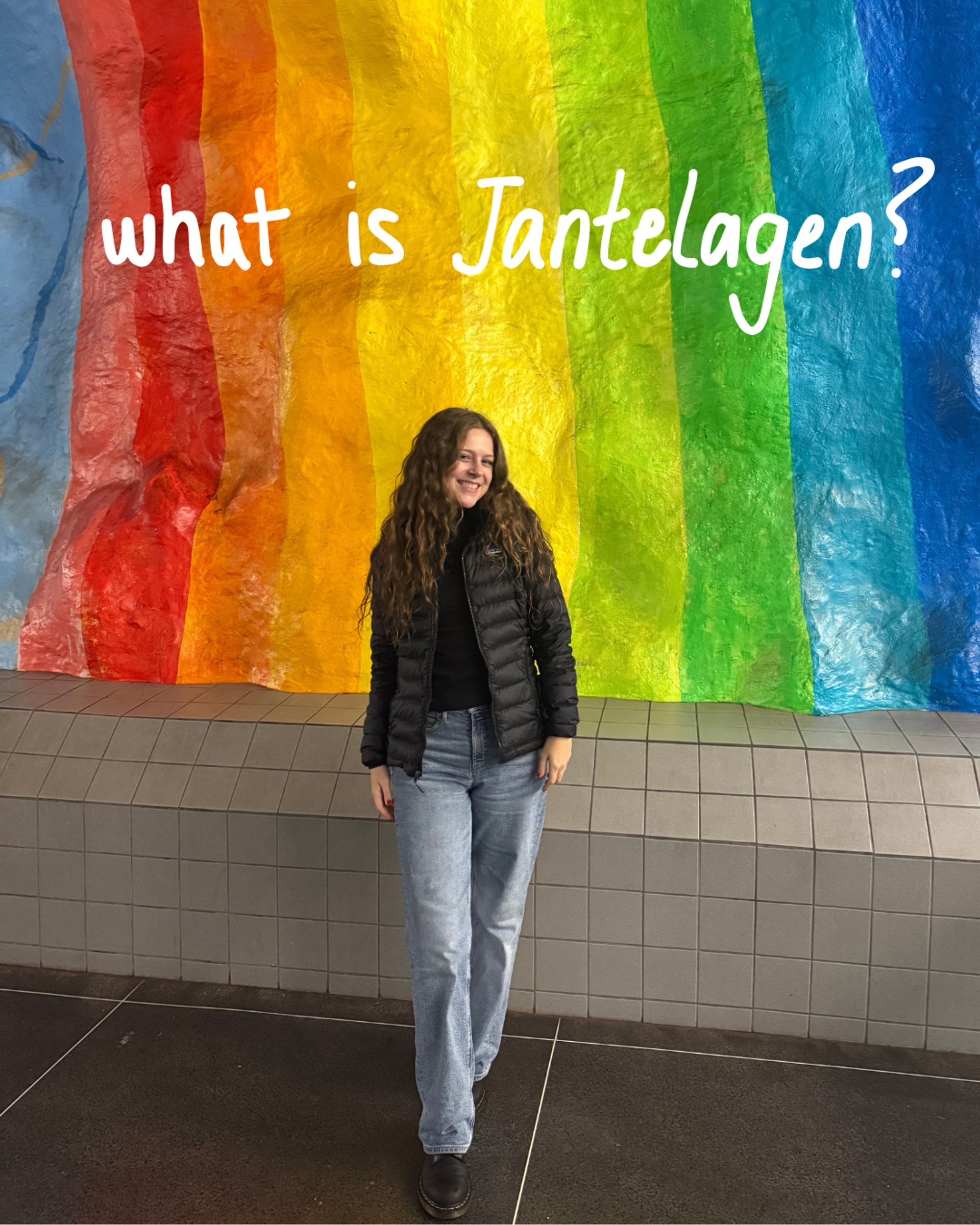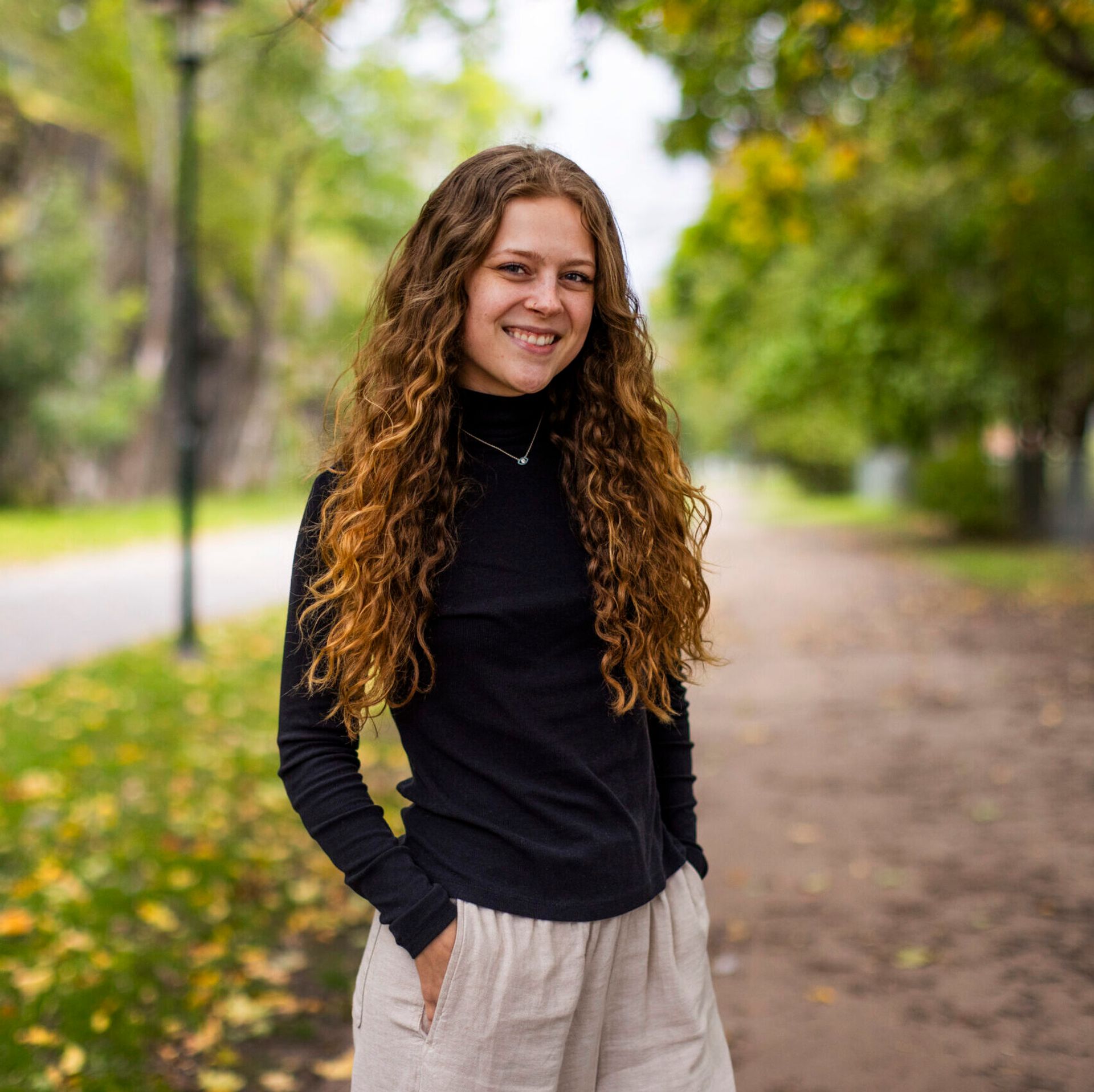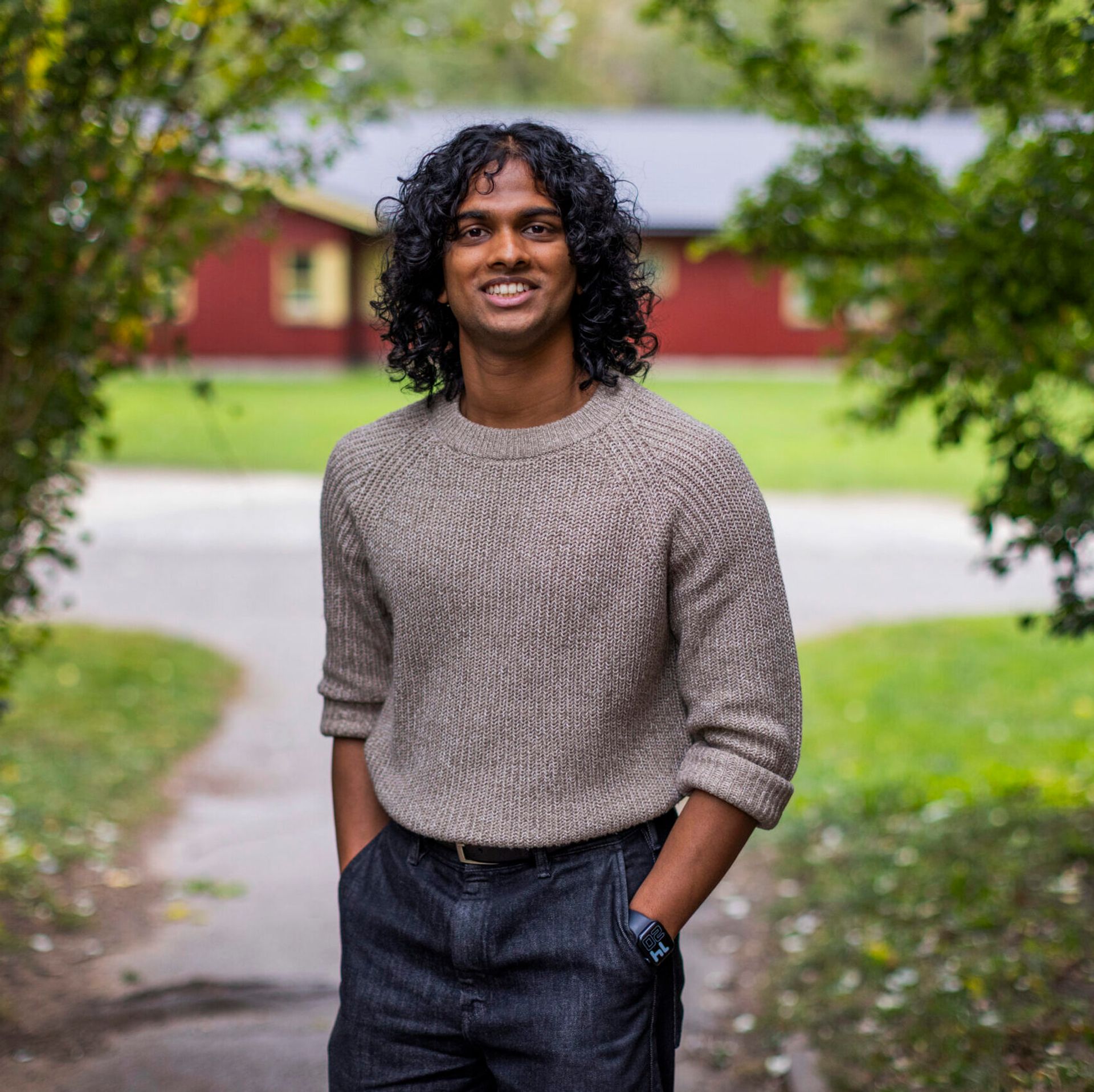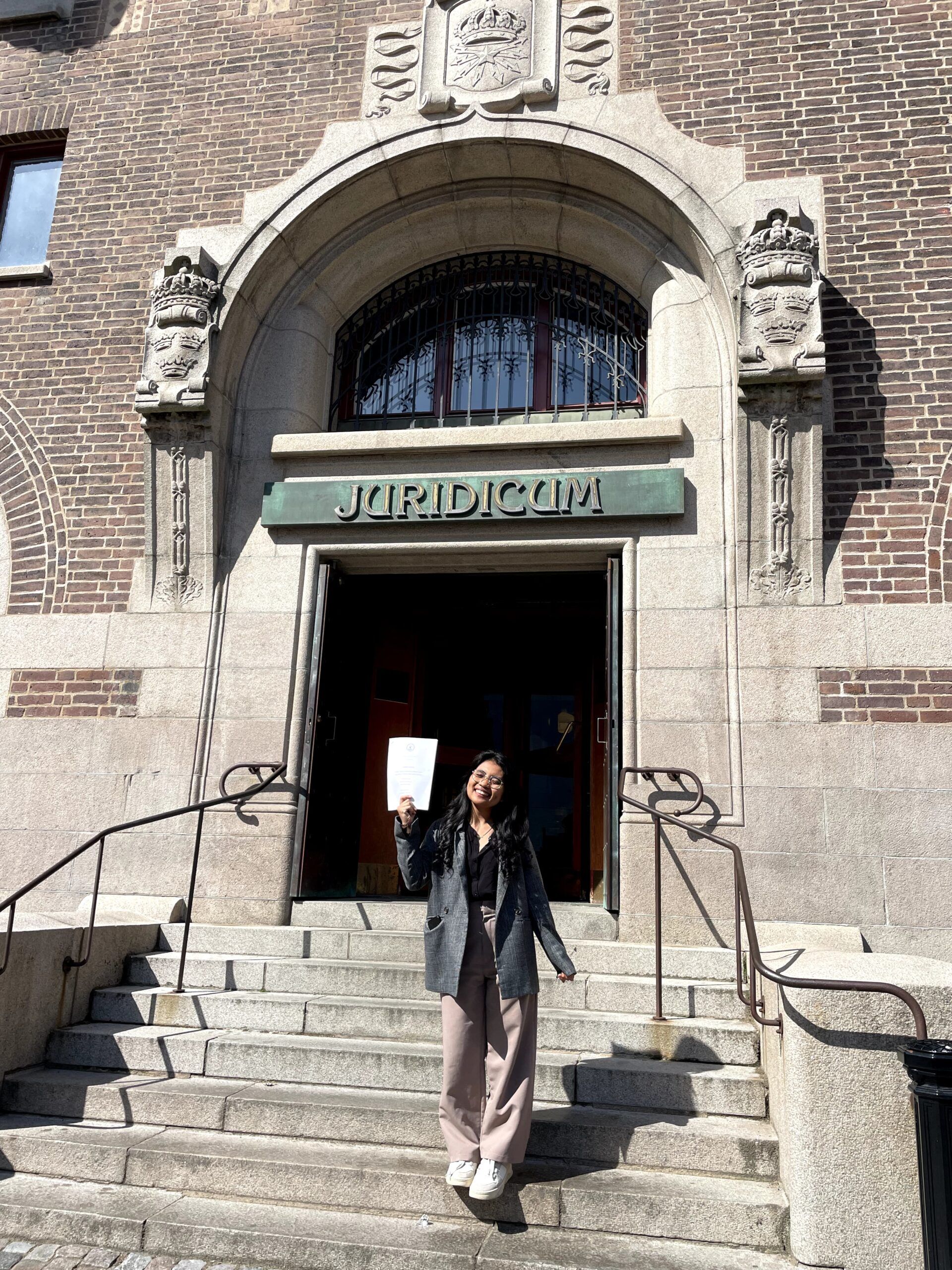
Written by Annamaria
27 Jun 2025
What’s it like to move across the world for your studies? To leave behind the familiar and dive into a new culture, education system, and climate? In this blog post, I interviewed Dalaa, a fellow Study in Sweden Digital Ambassador from Cambodia. Thanks to a unique scholarship opportunity, Dalaa decided to move to Sweden to study Human Rights Law at Lund University. Read more to learn honest insights and helpful tips for non-EU students thinking about making Sweden their new academic home. 👇
Why Sweden?
There were several reasons why I chose Sweden. First of all, the high-quality education. Coming from Cambodia, I was really looking forward to experiencing the education system in a developed country like Sweden, as well as at the prestigious Lund University.
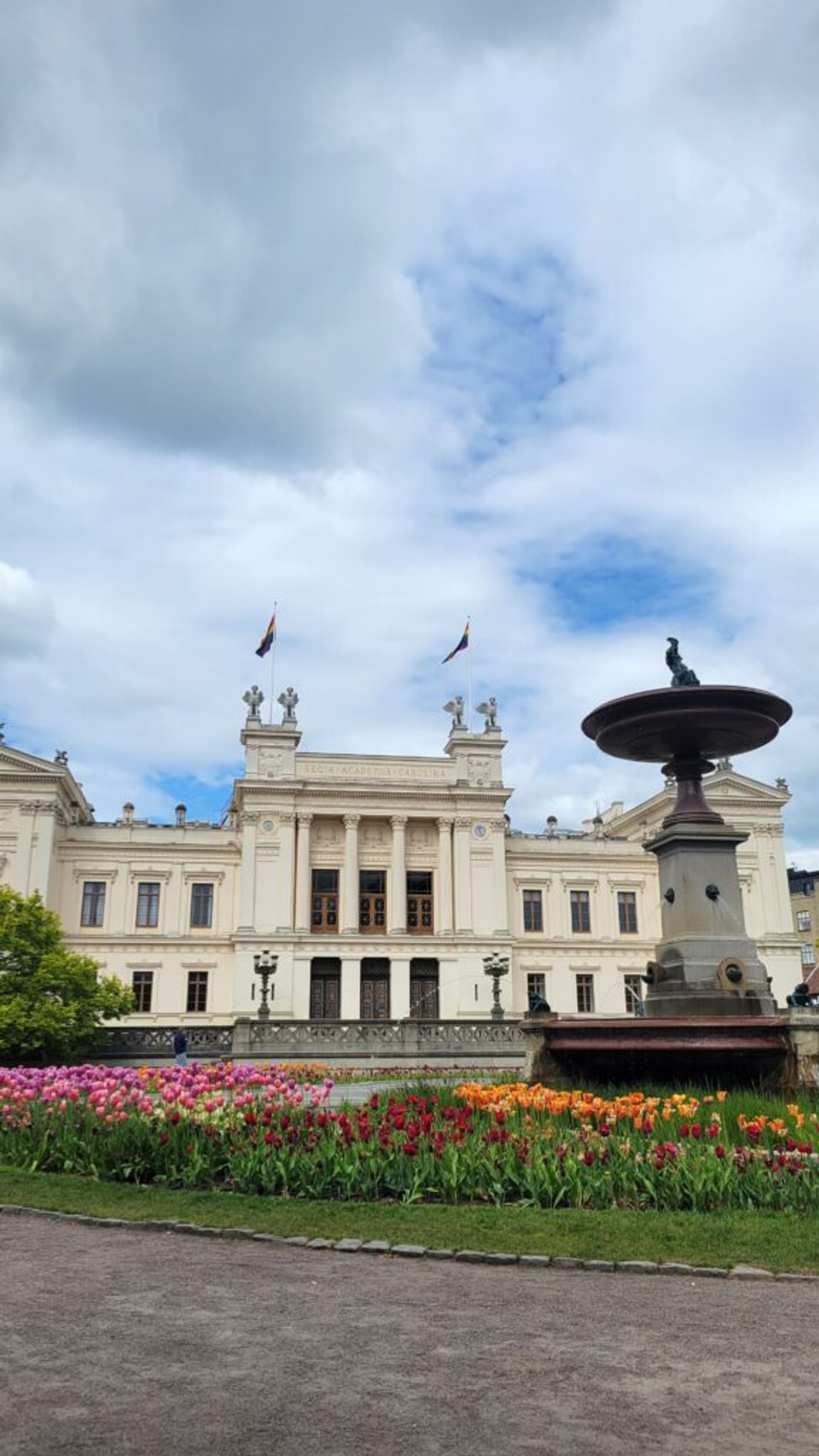
The second reason is that I found a great scholarship opportunity. During my bachelor’s degree, I did an internship with a Swedish organisation called the Raoul Wallenberg Institute, which has its headquarters in Lund and an office in Cambodia. While I was doing my internship, I found out about this scholarship for Cambodian students who’d like to study Human Rights Law at Lund University in Sweden. This scholarship is no longer offered, but Sweden offers many other scholarship opportunities that are worth looking into.
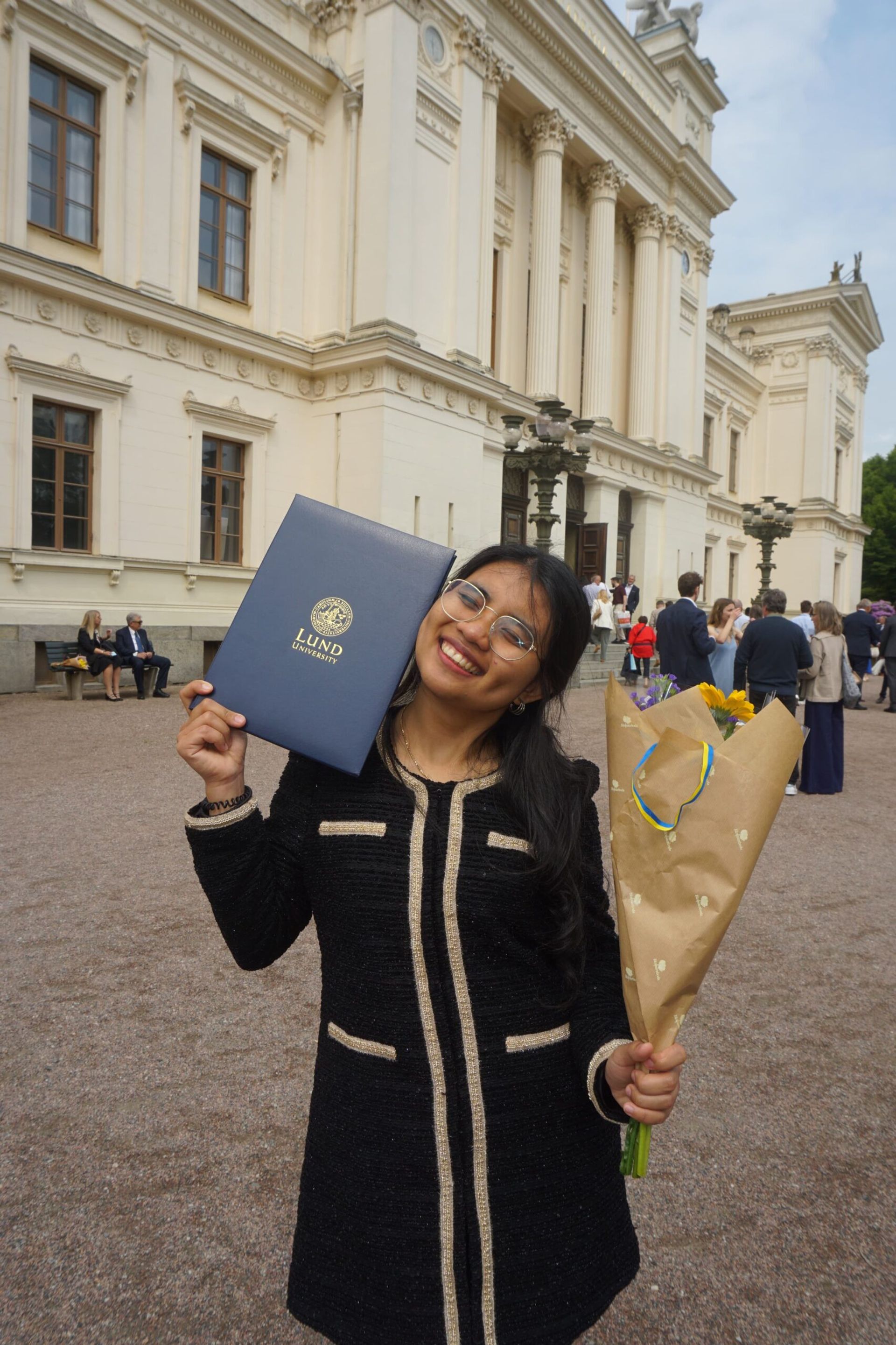
How was the application process for you?
University admission
I think www.universityadmissions.se makes the application process very straightforward. I just had to organise my CV, motivational letter, transcript of my bachelor’s degree, the IELTS (English proficiency test), and recommendation letters. For the scholarship, they required the same things as for the programme.
Residence permit
In order to apply for the residence permit, you need a minimum of 10 584 SEK/month in savings. Since I have the scholarship, I just needed the scholarship letter showing that I will receive enough funds to support myself in Sweden. The main documents they want is the admission letter from the university and proof that you have enough money to support yourself financially. I made the application online, and then I had to go to the Swedish embassy to give my fingerprints and take a picture for the residence permit card. The problem is that there is no Swedish embassy in Cambodia, so I had to fly to Thailand. It took me about a month to obtain it.
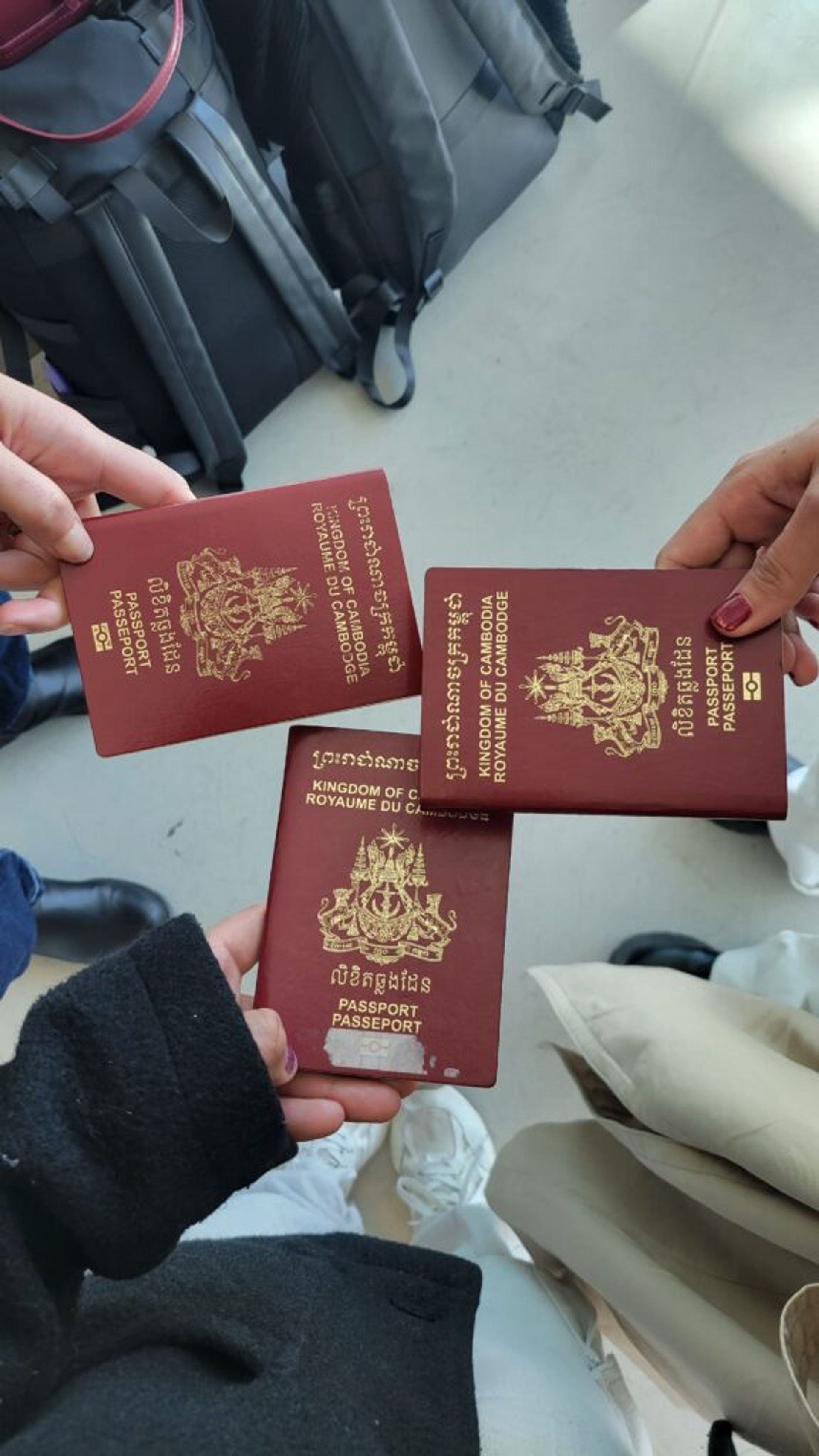
Note: Before applying for a residence permit, you need to pay the tuition fees.
What were the biggest challenges you faced?
For me, it was mainly obtaining the BankID because it was so complicated. When I came to Sweden, I had a coordination number, so they created a bank account for me, but I could not use a BankID. I had to use another app called Freja. It was an alternative form of digital ID that I used instead of BankID until I received a personal identity number. Freja can be used in many places, but it’s not accepted everywhere. Also, I remember that the waiting time to get an appointment at the bank was quite long, which can be annoying.
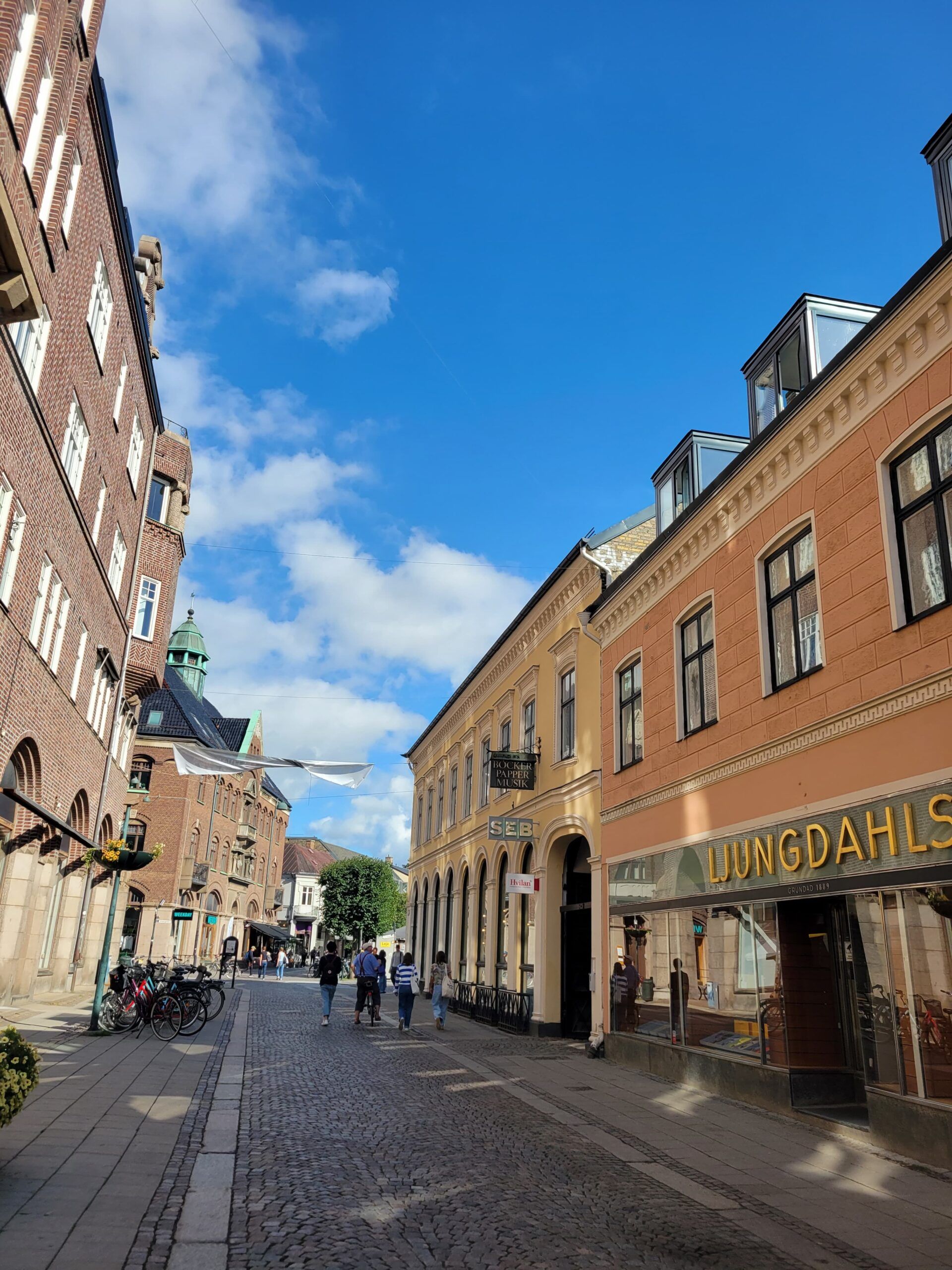
Was it hard to find accommodation in Sweden?
As an international student from a non-EU country, I had a housing guarantee at Lund University. To apply for student housing, you need to follow the university website’s guidelines. I had to create an account and apply during the period when the application process was open. Learn more about the housing provided by Lund University.
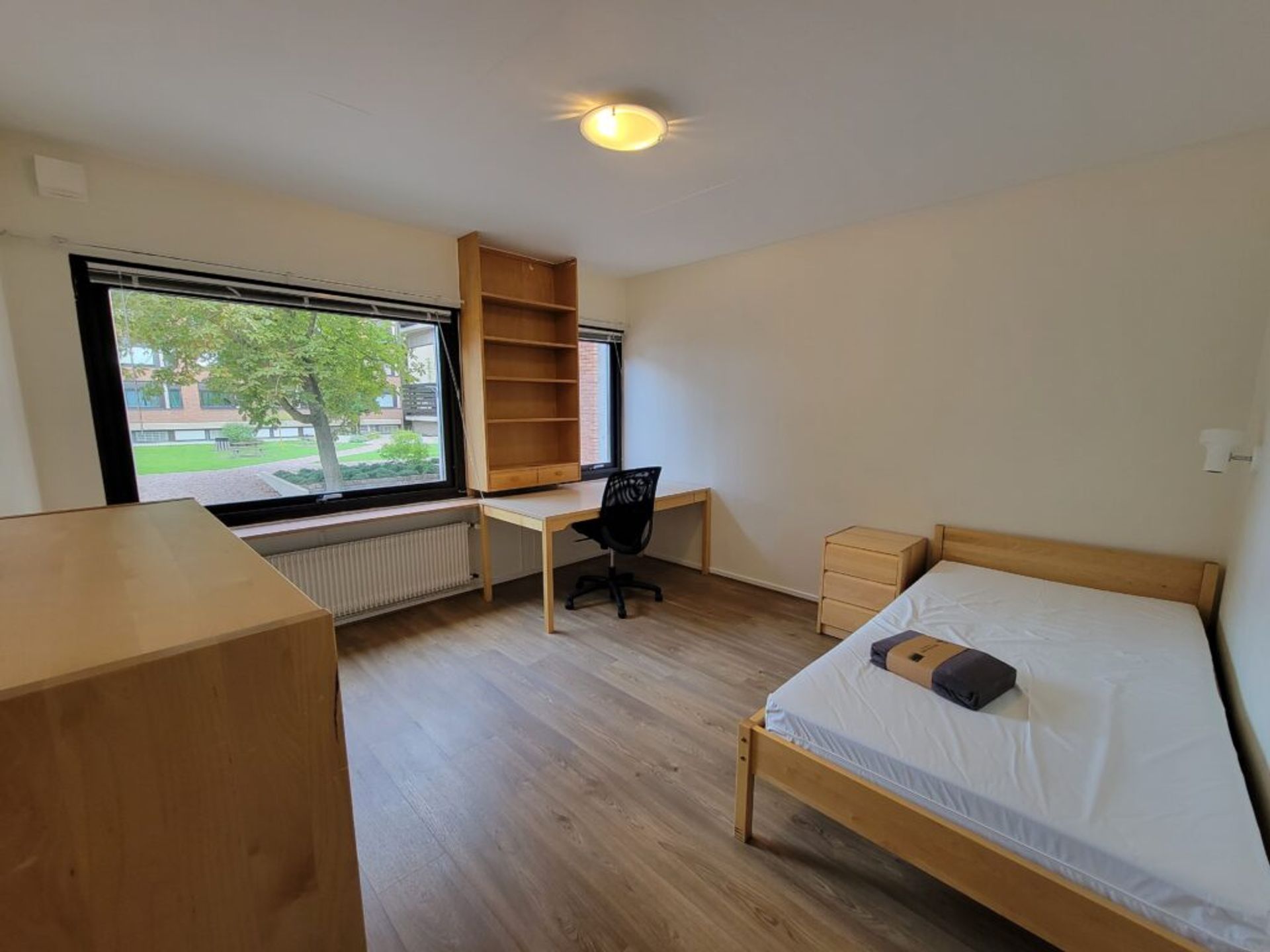
I chose to live in a corridor room, and I think it was a good idea. The friends that I have now are mainly from the Orientation Week and the corridor. If you like a bit of privacy, but also a place to hang out with others, definitely pick a corridor room. But keep in mind that it can get quite messy in the shared kitchen, depending on how clean the others are. So if that’s something you can’t handle, maybe a corridor room is not the best idea.
How do you manage your living costs?
It’s expensive, but I got the scholarship, so I got a monthly living allowance. This allowance covers my basic needs like food and accommodation. I also live in a student corridor since I am a non-EU student with a housing guarantee, so it’s more affordable.
How would you describe the student life?
At Lund University, you have a mentor when you arrive in Sweden. So when you have any questions, you can always ask them, and in the Orientation Week, you get to know other people. The university also organises a lot of activities for students, like hiking or hanging out.
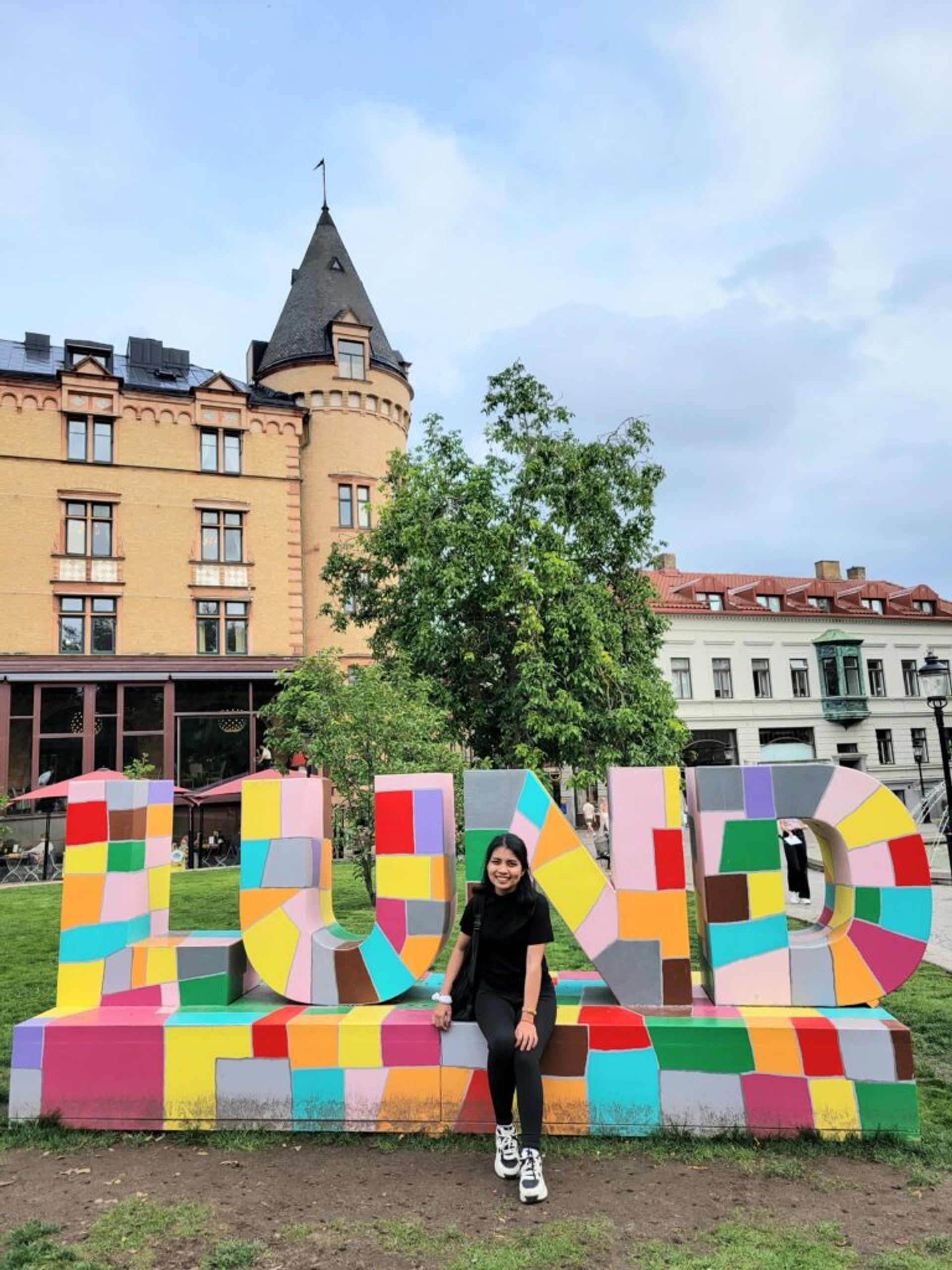
I had not made many Swedish friends until I moved to a corridor room. In my opinion, people in Sweden are a bit reserved, and it can be hard to establish deeper connections with them unless you share something in common.
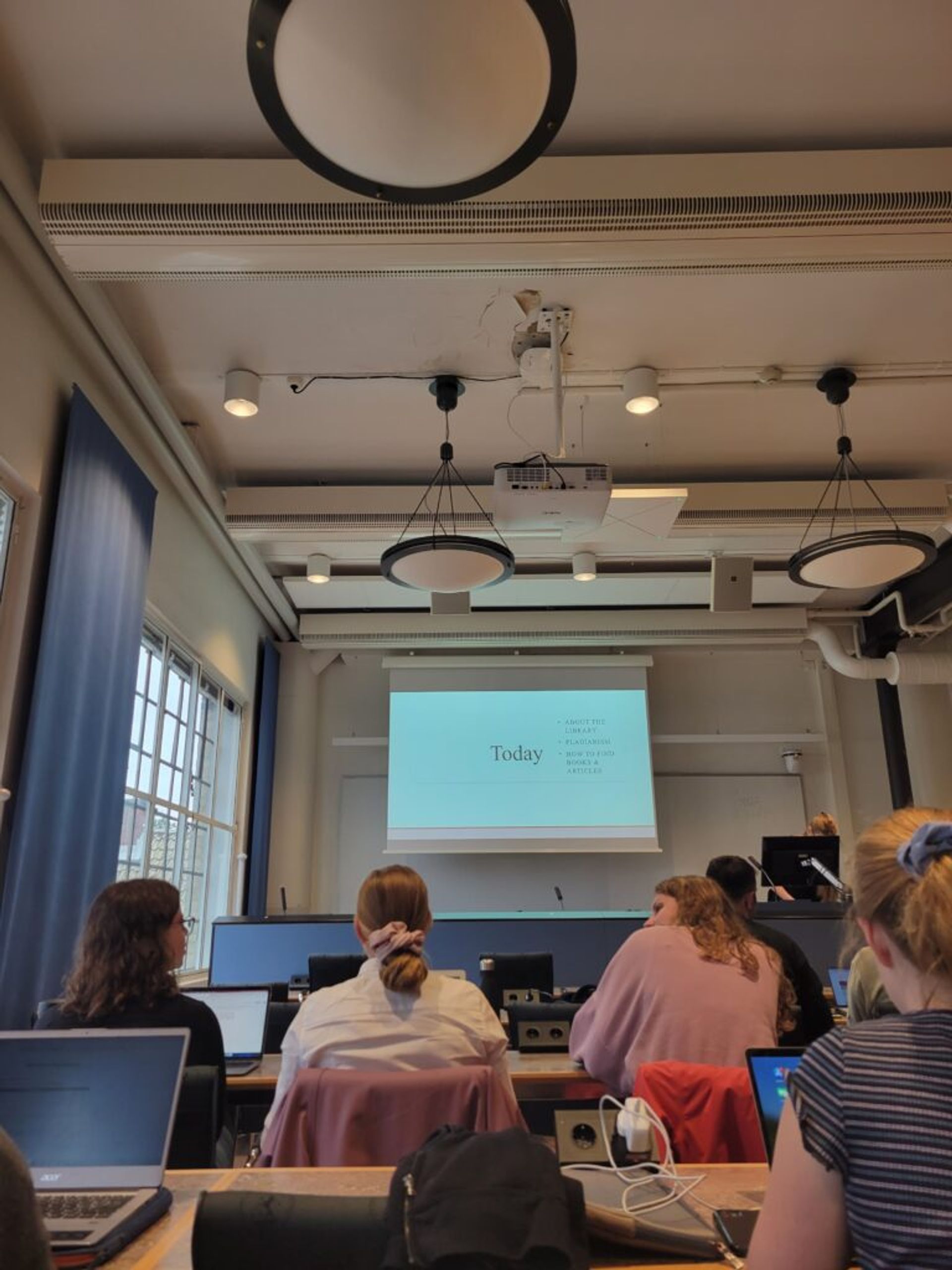
Also, something I needed to get used to is that in Sweden, they have an academic quarter, so if the teacher says the class starts at 10:00, it’s often 10:15 (not always though!). Unless it says specifically that it’s 10:00 sharp.
What were the biggest culture shocks?
Now, after 2 years in Sweden, a lot of culture shocks are not shocking anymore, but one of the biggest things was how you address professors in Sweden. You don’t call them sir or madam, you’re just supposed to call them by their names, which felt very weird and rude at first.
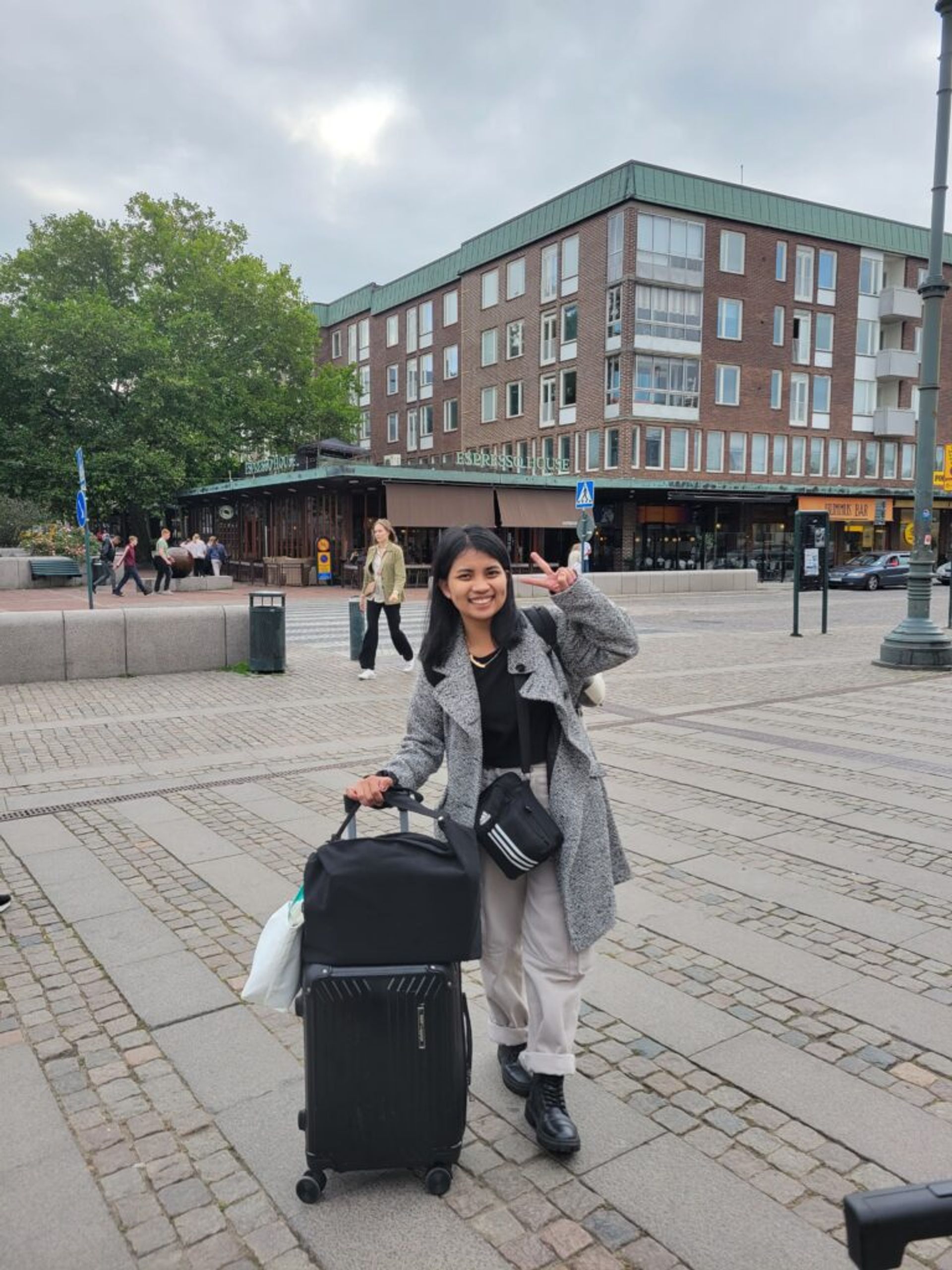
Another culture shock for me was how reliable the public transport is. Coming from Cambodia, where we don’t have good public transport, it felt very convenient in Sweden. Same as the self-checkout option in the stores, which is very efficient. It’s built a lot on trust. If you did that in my country, you’d probably go bankrupt. 😂
Any final advice for other non-EU students?
Don’t be afraid to put yourself out there, join in the events, talk to people, and eventually, you’re going to make a lot of great friends in Sweden. If you want to go to an event but no one wants to come, you can always find new people at the event, so don’t be dependent on others. If you want to do something, just do it by yourself!
